Data Structures
Filter by
SubjectRequired *
LanguageRequired *
The language used throughout the course, in both instruction and assessments.
Learning ProductRequired *
LevelRequired *
DurationRequired *
SubtitlesRequired *
EducatorRequired *
Results for "data structures"
 Status: Free TrialFree TrialD
Status: Free TrialFree TrialDDuke University
Skills you'll gain: C (Programming Language), Data Structures, Algorithms, Computational Thinking, Computer Programming, Debugging
4.3·Rating, 4.3 out of 5 stars348 reviewsBeginner · Course · 1 - 3 Months
 Status: Free TrialFree TrialU
Status: Free TrialFree TrialUUniversity of Colorado Boulder
Skills you'll gain: Algorithms, Data Structures, Theoretical Computer Science, Computer Programming, Computational Thinking, Computer Science, Programming Principles, Python Programming, Advanced Mathematics, Design Strategies, Mathematical Theory & Analysis, Data Analysis, Analysis
Build toward a degree
4.6·Rating, 4.6 out of 5 stars229 reviewsAdvanced · Course · 1 - 4 Weeks
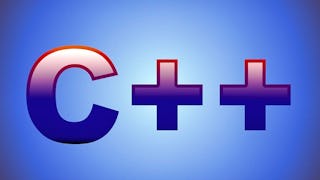 C
CCoursera Project Network
Skills you'll gain: C++ (Programming Language), Data Structures, Data Store, Data Cleansing, Data Mapping, Data Import/Export, Data Validation, Data Integrity
4.6·Rating, 4.6 out of 5 stars49 reviewsIntermediate · Guided Project · Less Than 2 Hours
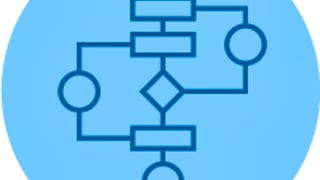 Status: Free TrialFree TrialC
Status: Free TrialFree TrialCCodio
Skills you'll gain: Algorithms, C++ (Programming Language), Data Structures, Theoretical Computer Science, Computer Programming, Programming Principles, Computational Thinking
4.6·Rating, 4.6 out of 5 stars9 reviewsIntermediate · Course · 1 - 4 Weeks
 Status: Free TrialFree TrialU
Status: Free TrialFree TrialUUniversity of Colorado Boulder
Skills you'll gain: Graph Theory, Data Structures, Algorithms, Tree Maps, Network Analysis, Computational Thinking, Python Programming
Build toward a degree
4.7·Rating, 4.7 out of 5 stars180 reviewsAdvanced · Course · 1 - 4 Weeks
 Status: Free TrialFree TrialU
Status: Free TrialFree TrialUUniversity of Colorado Boulder
Skills you'll gain: Pandas (Python Package), NumPy, Data Structures, Data Import/Export, Data Manipulation, Data Cleansing, Statistical Methods, Data Analysis, Exploratory Data Analysis
Intermediate · Course · 1 - 3 Months
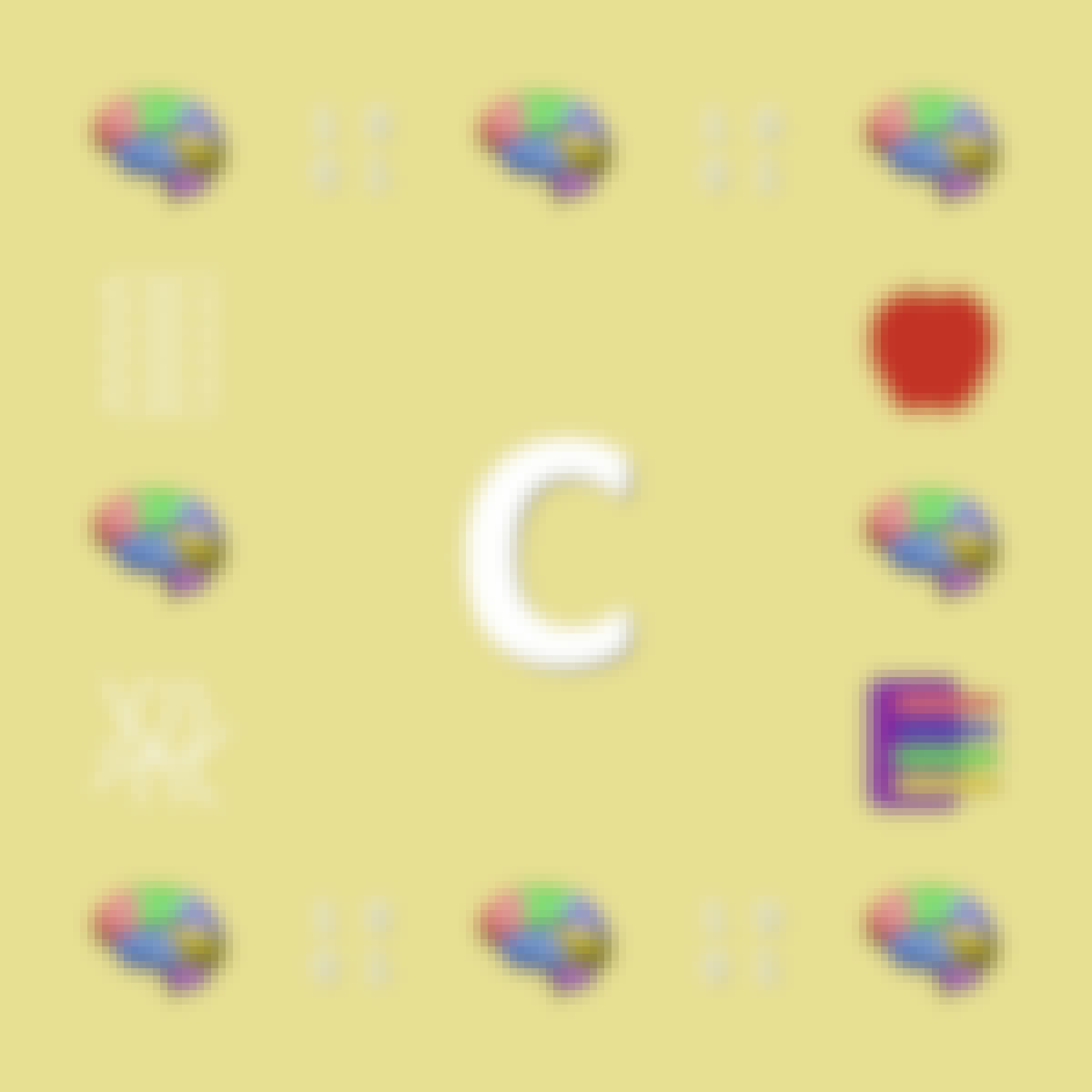 Status: Free TrialFree TrialU
Status: Free TrialFree TrialUUniversity of Colorado System
Skills you'll gain: Computational Thinking, C (Programming Language), Data Structures, Programming Principles, Computer Programming, Data Store, Problem Management, Program Development, Debugging
4.6·Rating, 4.6 out of 5 stars37 reviewsBeginner · Course · 1 - 4 Weeks
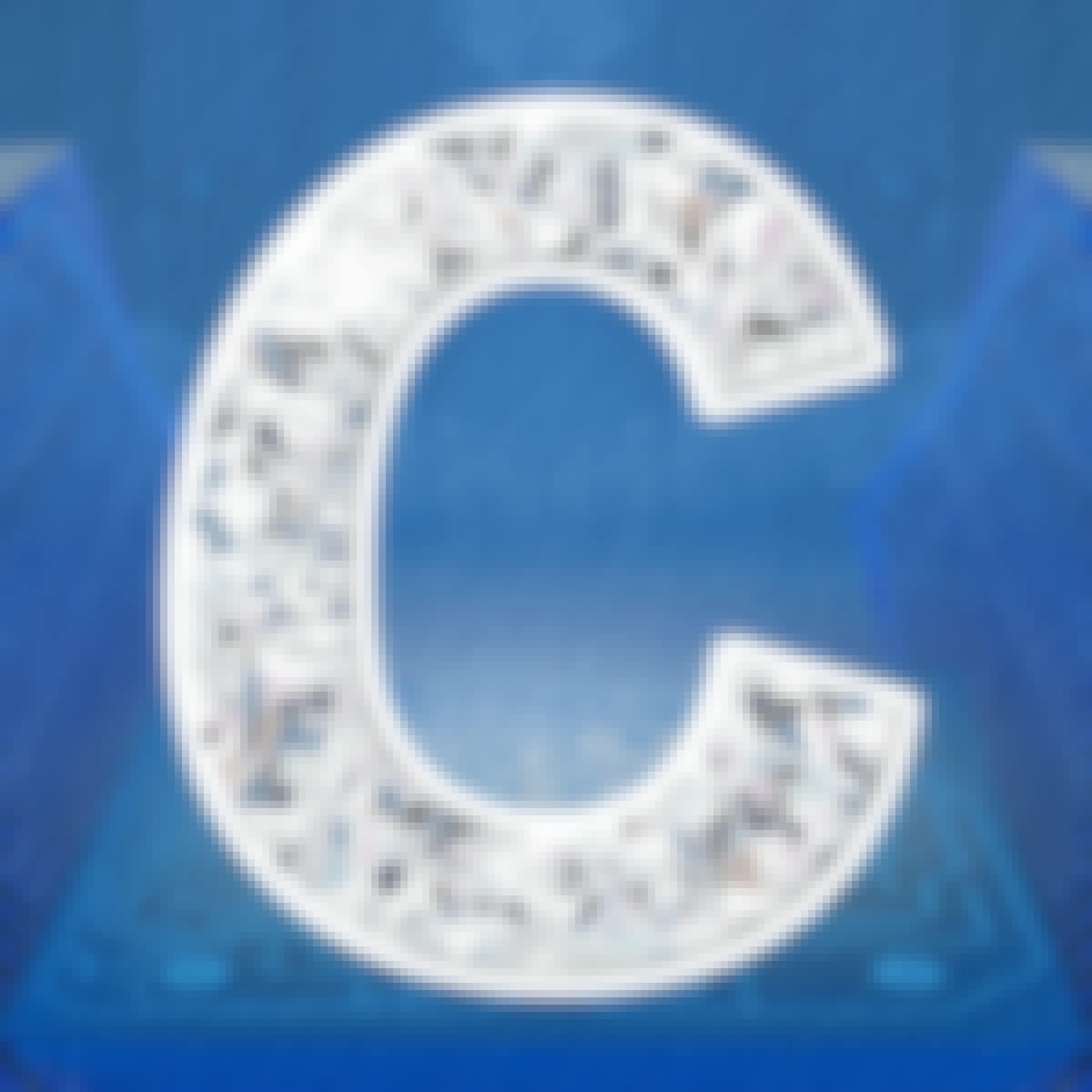 Status: Free TrialFree TrialU
Status: Free TrialFree TrialUUniversity of Michigan
Skills you'll gain: C++ (Programming Language), C (Programming Language), Object Oriented Programming (OOP), Data Structures, Computer Programming, Software Design, Python Programming, Java, Algorithms, Performance Tuning, Debugging
4.6·Rating, 4.6 out of 5 stars11 reviewsIntermediate · Course · 1 - 3 Months
 Status: Free TrialFree TrialU
Status: Free TrialFree TrialUUniversity of Colorado Boulder
Skills you'll gain: Data Structures, Algorithms, Pseudocode, Computational Thinking, Analysis, Big Data, Probability & Statistics, Computer Programming, Python Programming
Build toward a degree
4.7·Rating, 4.7 out of 5 stars513 reviewsIntermediate · Course · 1 - 4 Weeks
 Status: Free TrialFree Trial
Status: Free TrialFree TrialSkills you'll gain: Ruby (Programming Language), Debugging, Programming Principles, Scripting Languages, Data Structures, Object Oriented Programming (OOP)
Intermediate · Course · 1 - 3 Months
 Status: FreeFreeC
Status: FreeFreeCCoursera Project Network
Skills you'll gain: Embedded Systems, C (Programming Language), Embedded Software, Data Structures, Programming Principles, Data Management, Data Storage Technologies, Software Development
Intermediate · Guided Project · Less Than 2 Hours
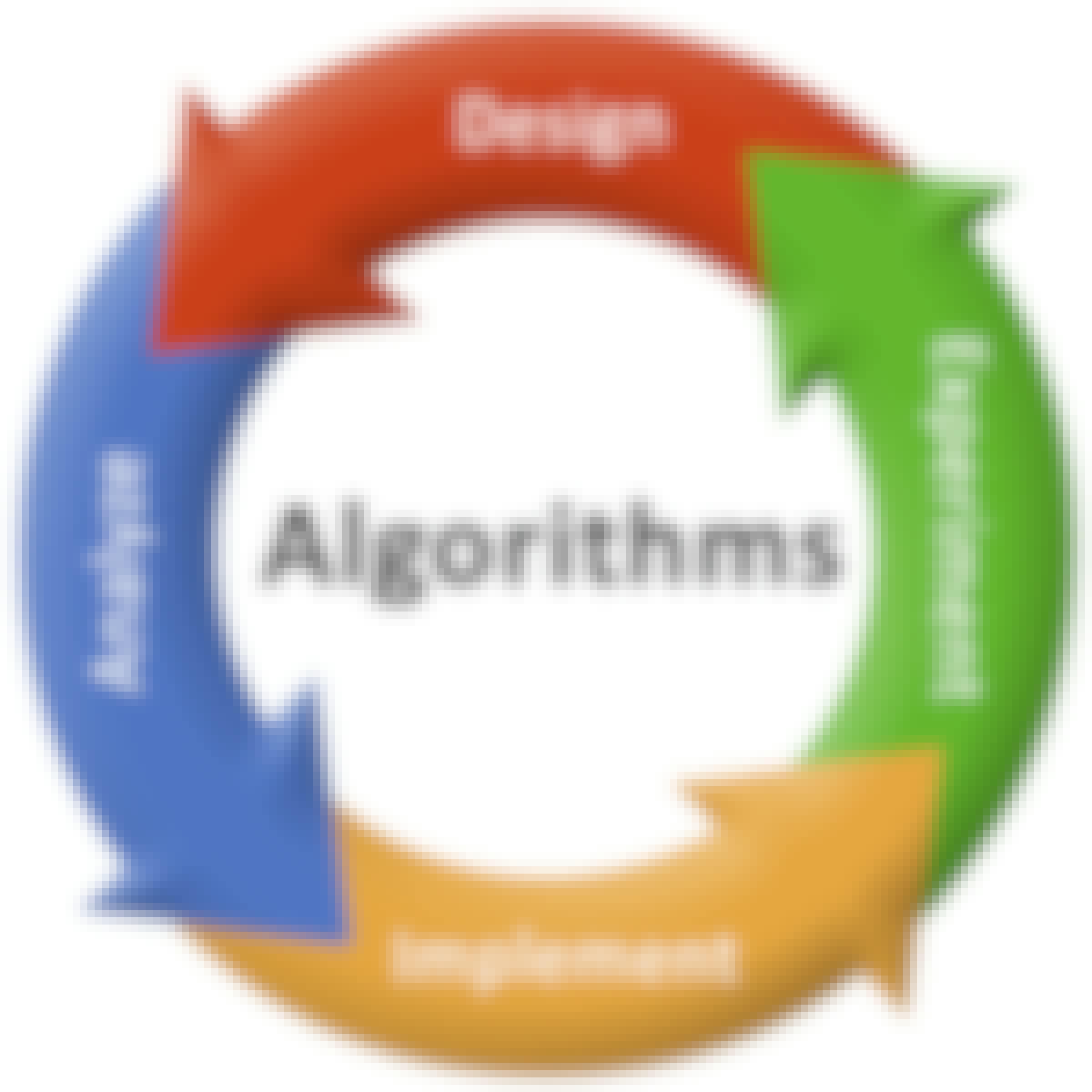 Status: Free TrialFree TrialS
Status: Free TrialFree TrialSStanford University
Skills you'll gain: Algorithms, Graph Theory, Data Structures, Theoretical Computer Science, Computational Thinking, Analysis, Probability & Statistics, Probability
4.8·Rating, 4.8 out of 5 stars5.3K reviewsIntermediate · Course · 1 - 4 Weeks